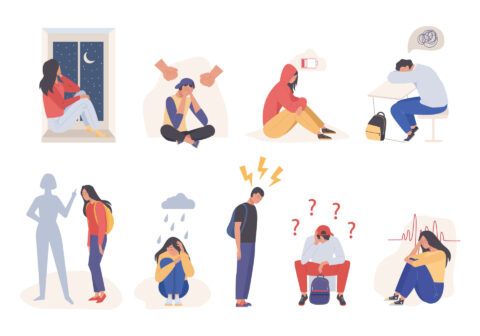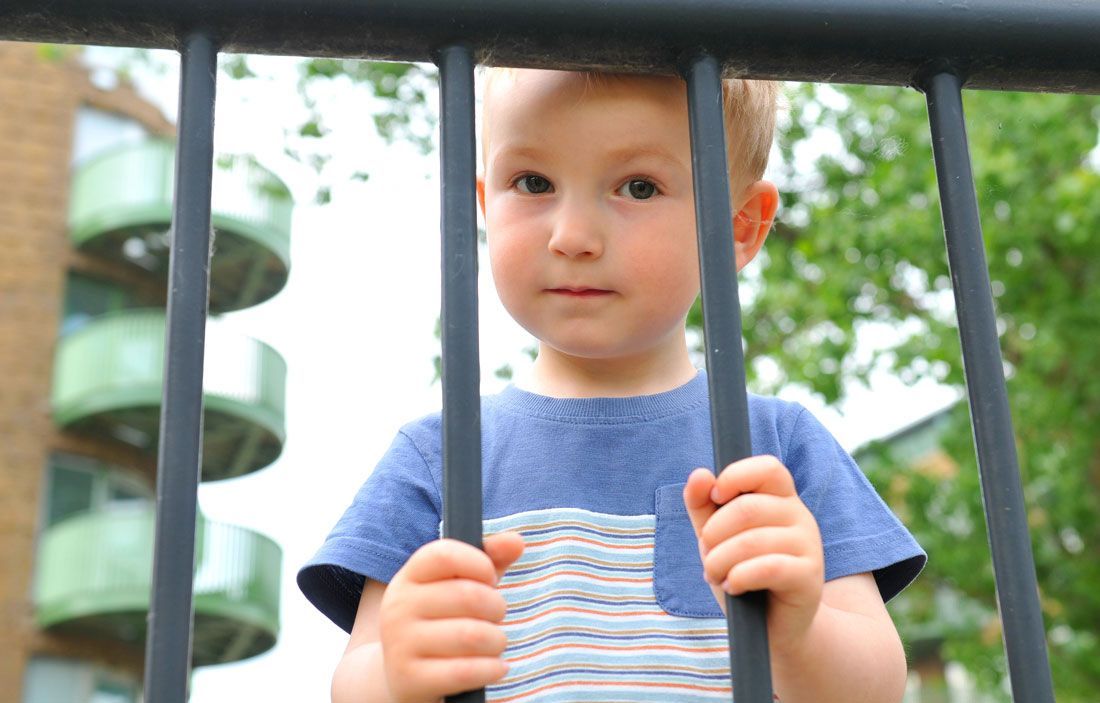Prolonged Grief
Written by Memorial Mortuaries & Cemeteries in-house grief counselor, Amanda Nelsen:
The mental health field used to diagnose something called “complicated grief.” This diagnosis assumed there would be a time period of a couple months where the bereaved would have serious impairments in their functioning, but beyond that time period, the bereaved should be able to function. In more recent years, it has become commonly accepted that a “typical” grieving period is more along the lines of 1-2 years. This, along with some other issues, led to “complicated grief” no longer being a diagnostic option.
So what does it mean when you feel totally impaired by your grief, months, and even years, after a death? This problem is often called Prolong Grief. Prolonged grief is different from depression, anxiety, and “normal” grief (even though there are some overlap). The hallmarks of Prolonged Grief are how persistent, intense, life altering, and disabling the grief is. It also threatens the survivor’s self of self-worth and their identity. (Frances, A. (2012, February 28). When Good Grief Goes Bad. The Huffington Post.)
The mental health field has been debating the idea of Prolonged Grief for several years now. It ultimately was not included in the most recent edition of the diagnostic manual mental health professionals use (DSM 5). But many mental health providers are still advocating for its inclusion in the revision, as it’s widely believed about 10-20% of bereaved individuals end up with Prolonged Grief.
If you suspect you have Prolonged Grief, it is best to consult with a specialist who has worked with Prolonged Grief before. It has a unique profile and responds best to a treatment course that is different from managing typical grief.
Amanda is a Clinical Mental Health Counselor, specializing in individual and family therapy for people of varying backgrounds. She works for Memorial Estates, running their Grief & Loss Counseling program.
She has extensive experience working with adolescents and families in the community. Amanda received her Master’s Degree in Educational Psychology from the University of Utah. There she focused on Multicultural and Client Centered Counseling.
Amanda started her career working for Salt Lake County Youth Services, serving families from all backgrounds and with a wide variety of issues. She further developed her passion for helping people recover and heal from trauma and loss.
In counseling, Amanda values the trust and safety of the therapeutic relationship. She creates a counseling environment full of compassion, safety, empathy, and understanding. She constantly strives to help to cultivate strong relationships and assist families to cope with the loss of a loved one. Through her open attitude, and the warm environment that she facilitates, families can begin to feel peace as they work through their bereavement.
Memorial Utah, with the help of Amanda Nelsen, is committed to helping you through the loss of your loved one. You may contact Amanda at (801) 718-1520 or [email protected]
The post Prolonged Grief appeared first on Memorial Mortuaries.













